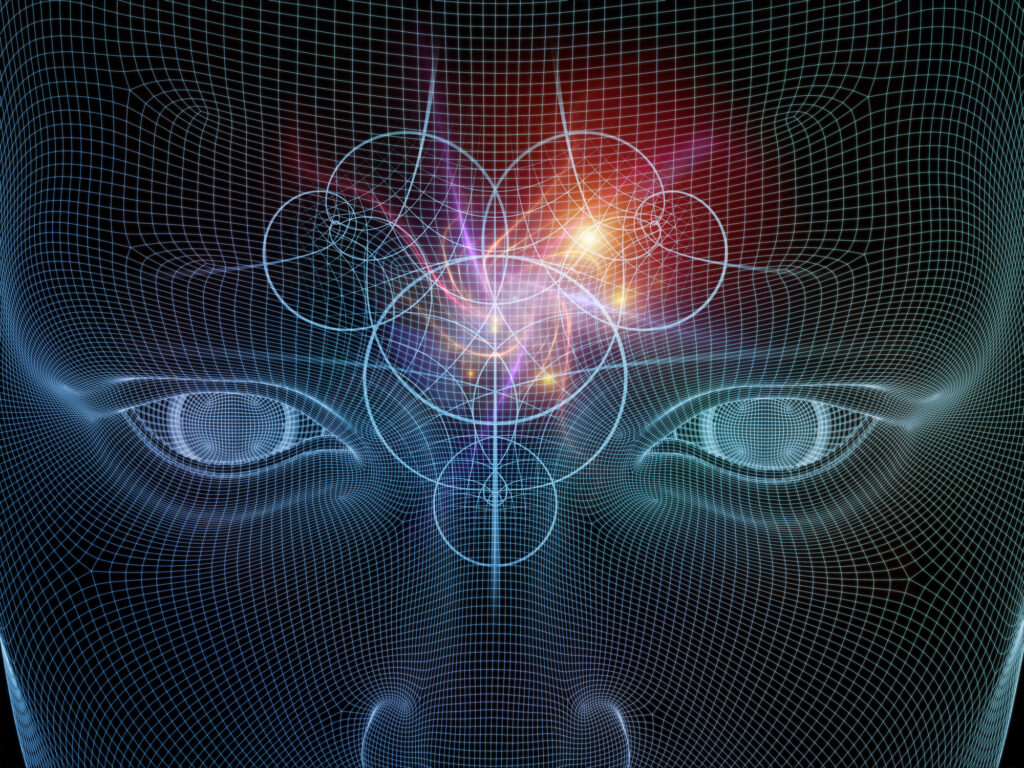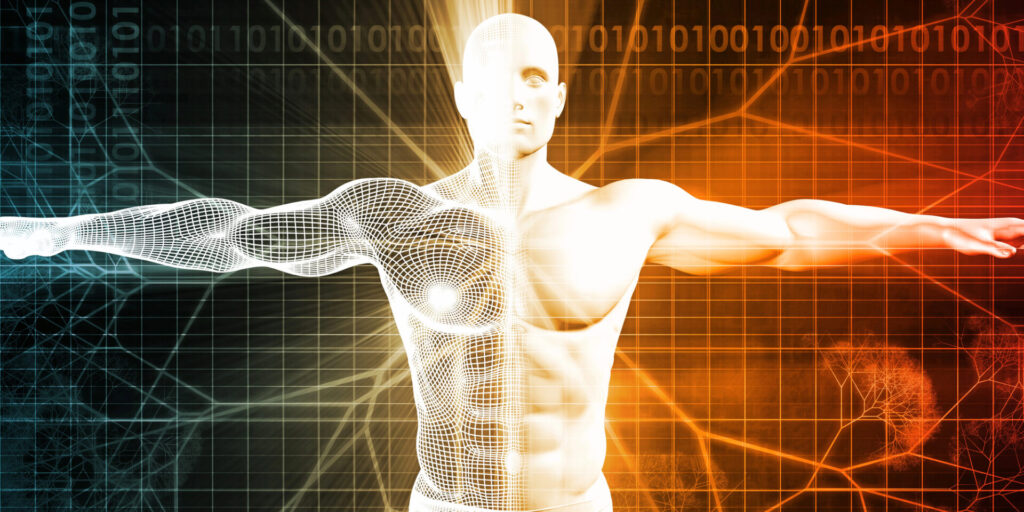Medical intuitives are known to use the sense of intuition to observe physiological and energy systems of the human body (Shealy, 2010). After years of consulting medical intuitives as a client, I was fascinated by their perceptual abilities. For example, over the telephone and without knowing my husband’s medical history, a medical intuitive correctly perceived the presence and exact location of internal swelling in his back (it was subsequently confirmed by an MRI). How did she do that? I wondered.
My curiosity led to a formal investigation of the subjective experience of medical intuitives (Poff, 2024). While a handful of studies have evaluated the accuracy of medical intuition (e.g., Colter & Mills, 2020; Wahbeh et el., 2023), the inner world of medical intuitives has rarely been examined. Therefore, I set about to understand what the inner experience of conducting a medical intuition reading is like, how the capacity for medical intuition affects the practitioner’s life, and the worldviews held by medical intuitives.
Study Method
Fifteen medical intuitives were recruited, all based in North America. Participants were required to have a minimum of 5 years of professional experience and have conducted at least 300 readings, remotely (i.e., in a geographic location separate from the person being observed). Participants were interviewed individually, each for approximately 90 to 120 minutes; information from the interviews was interpreted via qualitative analysis.
Results
The depth of experience of the participants—most having practiced medical intuition for more than 20 years—lent a richness to the study results. Detailed descriptions of their perceptual experiences were offered, as well as thoughtful reflections regarding the impact of medical intuition in their lives and about their worldviews. Following are some highlights of study findings.
Demographics. Forty-seven percent of participating medical intuitives were trained as healthcare professionals, including nurses, mental health counselors, and one doctor. Sixty percent offered energy healing services in addition to offering medical intuition. Notably, 80% received medical intuition client referrals from licensed healthcare providers.
Inner Experience of Conducting a Reading. Medical intuitives described being in a state of openness and nonattachment when conducting a reading. They may direct their intuitive scan by assessing the client’s auric field or chakras, or they may telepathically ask questions of the client’s body, “the Divine,” or “spirit guides.” Information is often received as a “download,” including as realistic images in the mind’s eye along with words or a “knowing.” Images of cells, fluids, tissues, and organs of the client’s body were said to appear in full color.
Impact of Medical Intuition in Practitioner’s Life. More than half of the participants shared that intuitive perceptions involuntarily occur in their personal life. Sometimes, the information is helpful (e.g., which traffic route to take or avoid) while at other times, having the information may feel like a burden (e.g., precognitively perceiving the death of a loved one). The question of whether and how intuitive perception can be “turned off” calls for further research.
Worldviews of Medical Intuitives. Participants described a world in which every person is literally interconnected, perhaps by an invisible web of divine intelligence. This perspective was seen to explain the ability of a medical intuitive to “read” another individual.
Conclusion
The perceptual skill of medical intuitives seems to arise from beyond the intellect and physical senses. Integrative practitioners may benefit from the expanded perception of a medical intuitive, particularly when a patient is not responding to treatment or diagnosis is unclear. Intuitive observations of a professional medical intuitive may contribute to a more complete understanding of an individual’s health.
Click here for full report: Medical Intuition: A Qualitative Exploration of the Subjective Experience of Practitioners
References
Colter, W., & Mills, P. J. (2020). Assessing the accuracy of medical intuition: A subjective and exploratory study. Journal of Alternative and Complementary Medicine, 26(12), 1130–1135. https://doi.org/10.1089/acm.2020.0244
Poff, T. L. W. (2024). Medical intuition: A qualitative exploration of the subjective experience of practitioners (Publication No. 31557026) [Doctoral dissertation, Sofia University]. ProQuest Dissertations & Theses Global.
Shealy, C. N. (2010). Medical intuition: Your awakening to wholeness. 4th Dimension Press.
Wahbeh, H., Speirn, P., & Yount, G. (2023). Extended visual perception corroboration:
A pilot study with energy medicine reiki practitioners. Integrative Medicine Reports, 2(1), 14–25. https://doi.org/10.1089/imr.2022.0056
—
Author Bio:
Tracy Poff, MBA, PhD, and Board Director for the National Organization for Medical Intuition (NOMI), is a researcher in the field of transpersonal psychology focusing on the phenomenon of extrasensory perception, including intuition and mediumship. Tracy has a master’s degree in Spiritual Psychology from University of Santa Monica, and post-graduate certifications in Consciousness, Health, and Healing, extensive training as a Soul-Centered Professional Coach, and is a Reiki Master. She earned a PhD in Transpersonal Psychology from Sofia University and conducted the first ever in-depth academic investigation into the lived experience of professional medical intuitives. Contact: info@tracypoff.com
Wendie Colter, MCWC, CMIP, is a Master Certified Wellness Coach, Certified Medical Intuitive Practitioner, award-winning author, and founder/CEO of The Practical Path®, Inc., and President of the National Organization for Medical Intuition (NOMI). For more information, visit https://thepracticalpath.com






